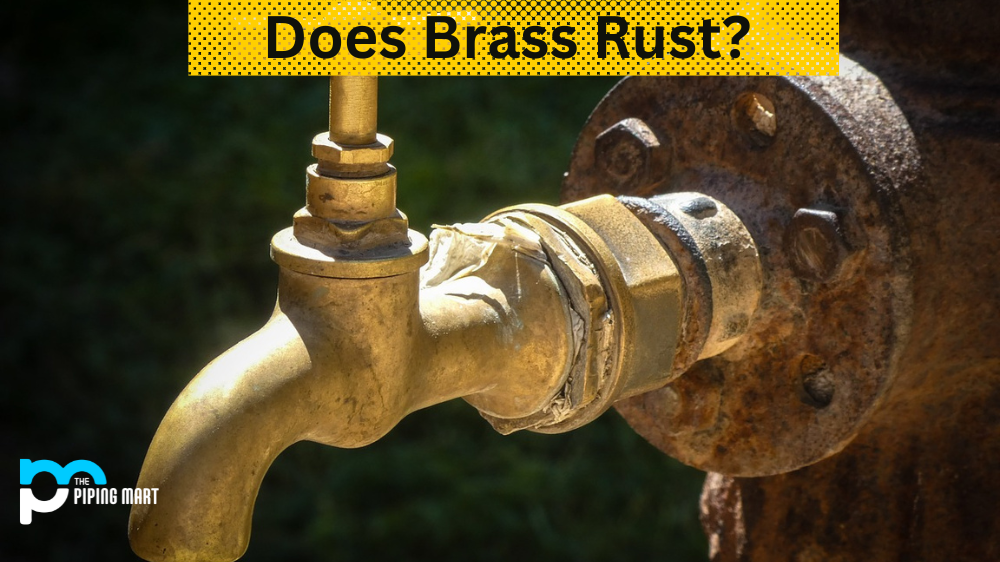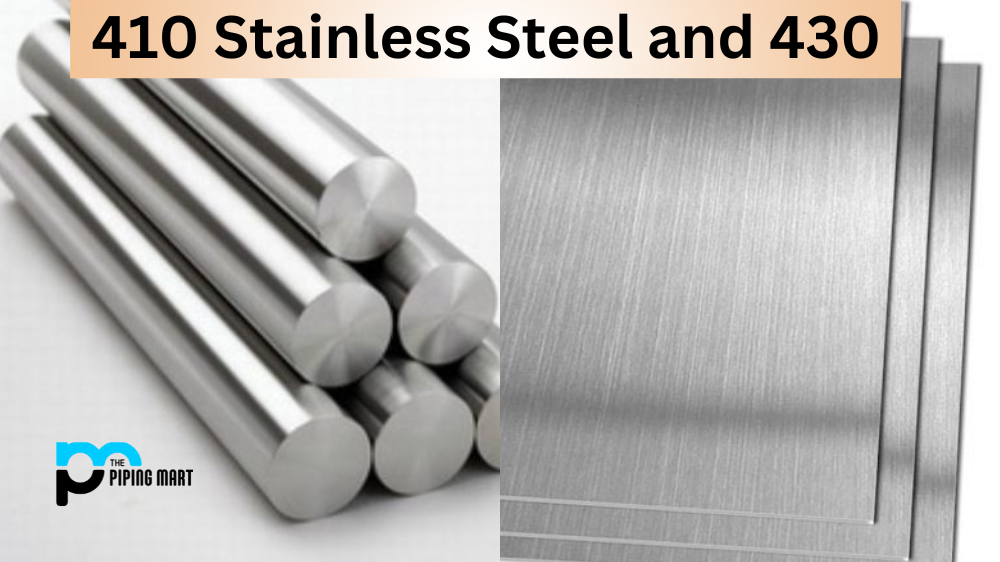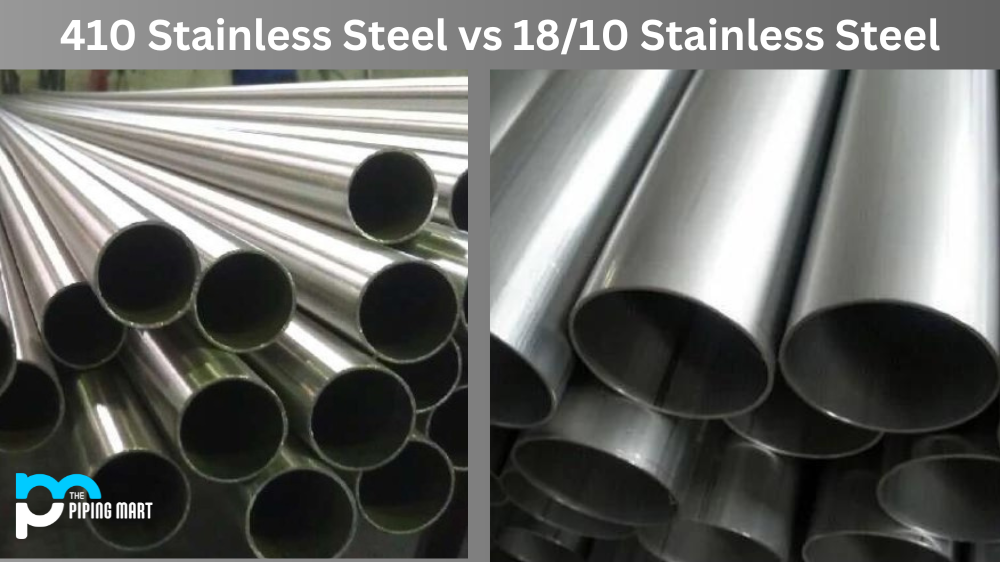Have you ever wondered if brass can rust? After all, it is an alloy made from copper and zinc. While brass doesn’t rust in the traditional sense of iron or steel, it can corrode over time due to environmental factors like humidity and salt. In this blog post, we will look at how brass reacts to different types of corrosion.
Corrosion occurs
When a metal comes into contact with substances such as moisture, oxygen, and other chemicals. The corrosion process causes the metal to break down and lose its structural integrity. When it comes to brass, there are two main types of corrosion that can occur: dezincification and tarnish.
Dezincification occurs
When the zinc in the alloy is corroded away by water or other corrosive elements. This type of corrosion is especially common in areas with high levels of humidity or saltwater exposure. Dezincification can cause the metal to become weak and brittle over time, which makes it susceptible to further damage or breakage.
Tarnish
Another form of corrosion that affects brass (as well as other metals). It occurs when a thin layer of oxidation forms on the surface of the metal due to exposure to air or other elements. Tarnish isn’t as damaging as dezincification but still reduces the aesthetic appeal of brass objects over time.
Conclusion:
Brass does not rust in the same way that iron or steel does, but it can corrode due to environmental factors like humidity and saltwater exposure. Dezincification can make brass weak and brittle, while tarnish forms a thin layer of oxidation on its surface which reduces its aesthetic appeal over time. To protect your brass items from corrosion, make sure they are kept dry and regularly polished to prevent tarnishing. With proper care, your brass items should remain in good condition for many years to come!

Abhishek is a seasoned blogger and industry expert, sharing his insights and knowledge on various topics. With his research, Abhishek offers valuable insights and tips for professionals and enthusiasts. Follow him for expert advice on the latest trends and developments in the metal industry.




